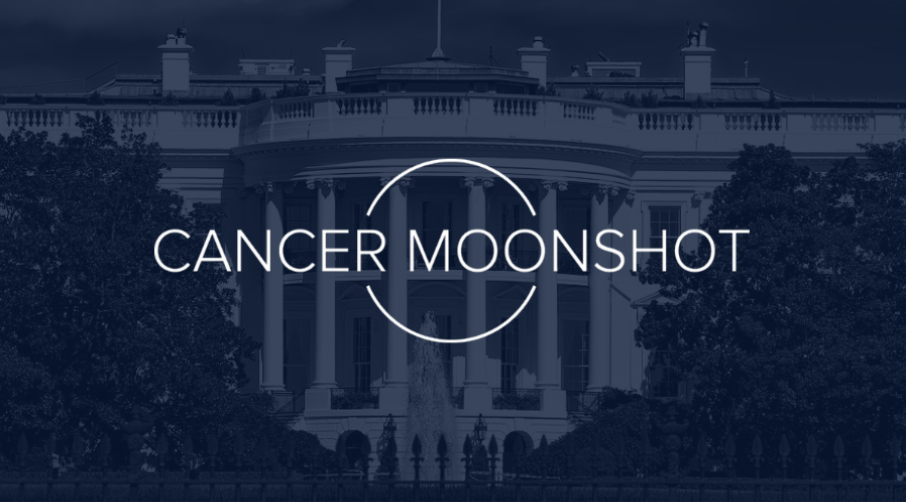Global Liver Institute Works to Advance Liver Health for All People, including People with Liver Cancer, Obesity, and Disabilities.
The government narrowly averted a shutdown but work continues to advance FY 2024 appropriations bills to keep the government funded.
On Saturday, September 30, Congress was able to finally pass a Continuing Resolution that kept the government funded until November 17, 2023. GLI continues to support funding levels reflected in the Senate version of appropriations bills, providing modest increases to key health care programs and activities.
GLI Advanced Advocacy Academy’s (A3) participants went to Capitol Hill to educate Members of Congress about liver health.
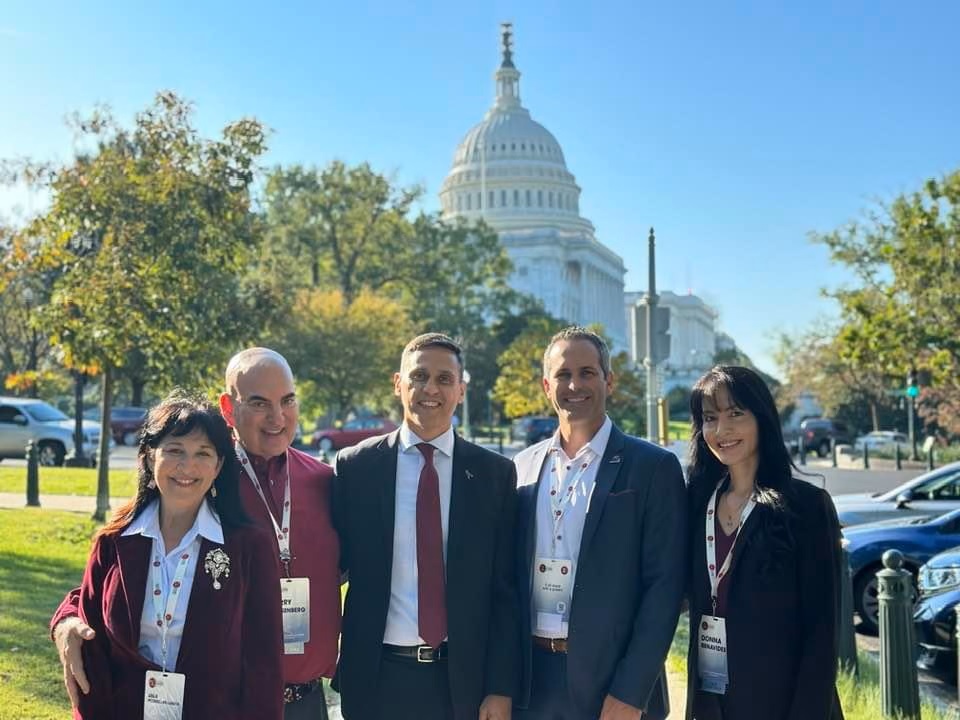
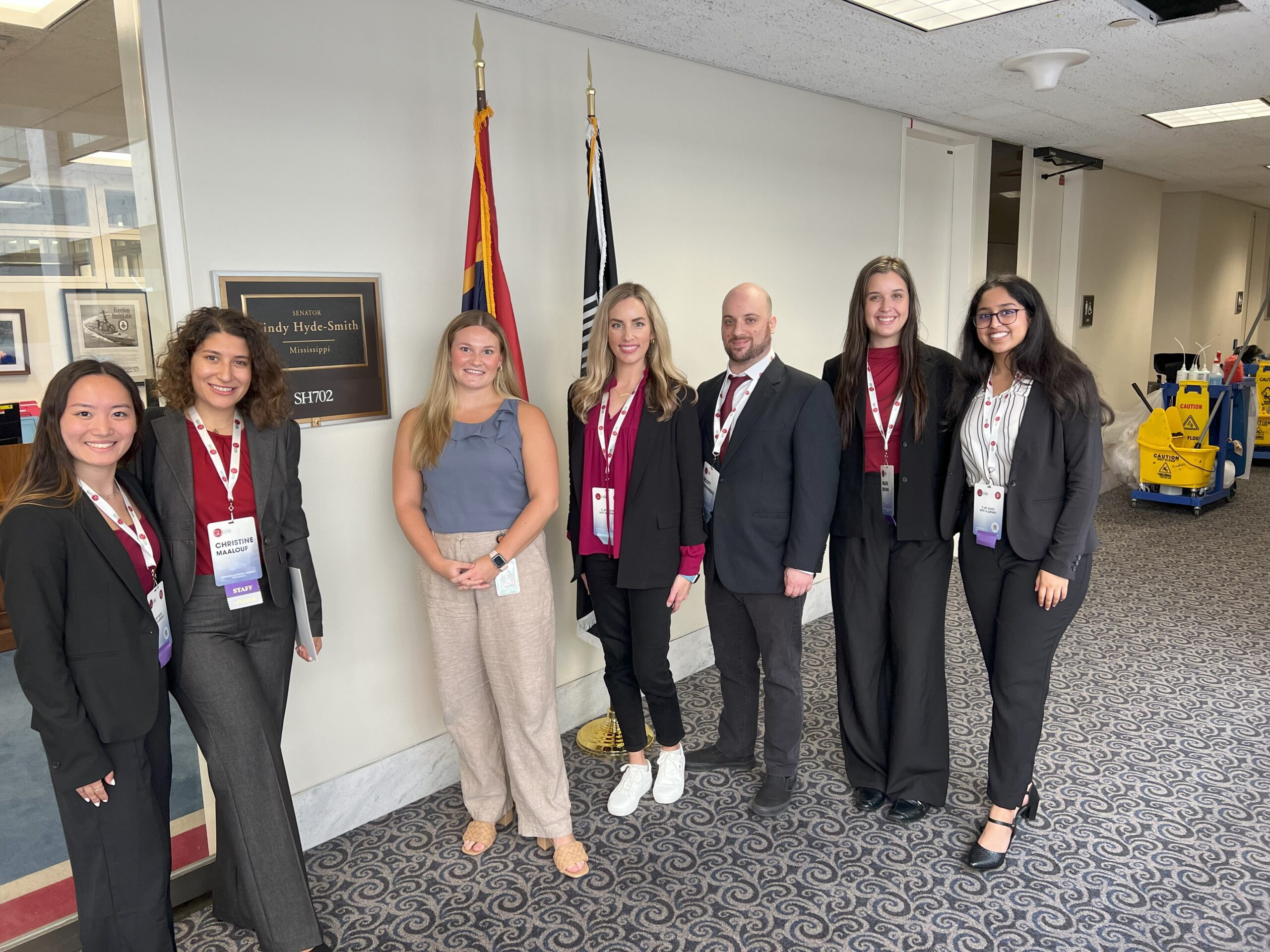
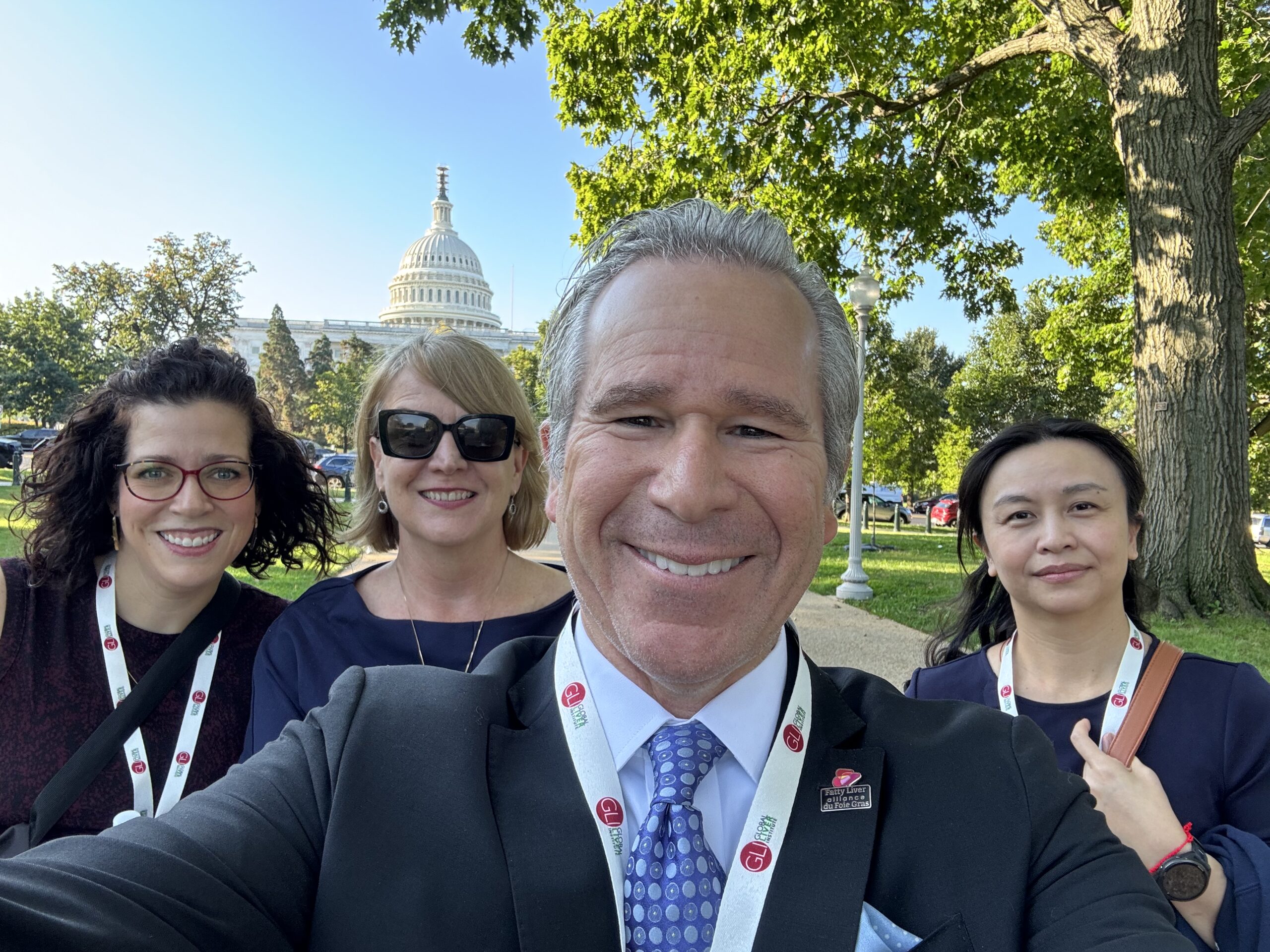
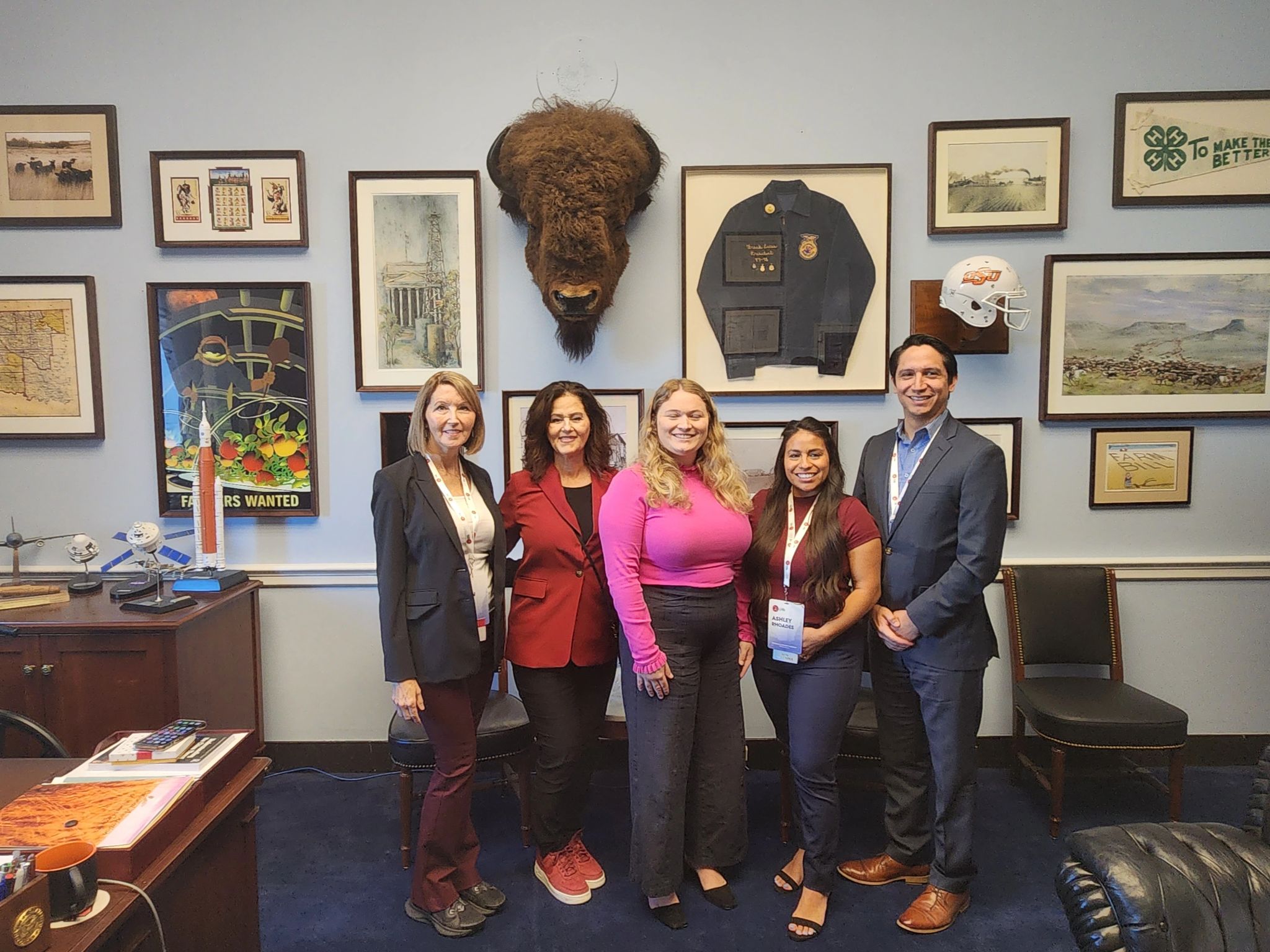
Advocates were able to meet with almost 60 Congressional offices to share their concerns about the need for early diagnosis of liver cancer through multi-cancer screenings, preventive services such as obesity treatment, clinical lab services to detect and manage liver disease, and policies supporting living donors. They shared personal stories that allowed Members of Congress and their staff to understand how legislation directly impacts people with liver disease and liver cancer, creating momentum for advancing GLI’s legislative priorities.
Donna R. Cryer, JD participated in the signing ceremony for the OPTN Reform Act on September 22.
The President signed into law H.R. 2544, the “Securing the U.S. Organ Procurement and Transplantation Network Act,” which allows for the award of multiple grants, contracts, or cooperative agreements to operate the Organ Procurement and Transplantation Network. GLI was proud to be represented at the signing ceremony and to personally thank the bill’s supporters in attendance, including Senator Ron Wyden (D-OR) and Congresswoman Robin Kelly (D-IL), as well as HHS Secretary Xavier Becerra.
The White House announces new actions for Cancer Moonshot.
The White House announced steps to advance the mission of the White House Cancer Moonshot, as well as new commitments the Biden-Harris Administration has secured from non-governmental organizations and the private sector to deliver progress on the mission to end cancer as we know it. Actions included:
- $240 million in additional investment this year to accelerate new ways to prevent, detect, treat, and survive cancer through the Advanced Research Projects Agency for Health (ARPA-H)
- A new “biomedical data fabric toolbox” to advance cancer research progress, a partnership between ARPA-H and the National Institutes of Health, the National Cancer Institute (NCI), and other agencies
- A new nationwide health innovation network to bring cancer clinical trials to underserved communities and drive research progress through a new ARPANET-H, a nationwide health innovation network to tackle pressing health challenges
- Investments to reduce the impact of tobacco use
- A new award recognizing community health centers for exceptional performance and high clinical quality in cancer screenings
- New resources and actions to reduce exposures to environmental carcinogens
- Leveraging research in outer space to fight cancer on Earth and amplifying awareness of cancer screening
The House considered the Treat and Reduce Obesity Act (TROA) and the Medicare Multi-Cancer Early Detection Screening Coverage Act on September 19, 2023. Access the Obesity Action Coalition’s Action Center to encourage new cosponsors of TROA legislation. Access Prevent Cancer Foundation’s Action Center to encourage new cosponsors of legislation advancing multi-cancer screening coverage.
HHS Office for Civil Rights proposes changes to Section 504 of the Rehabilitation Act impacting access to liver transplants for people with disabilities.
Since the passage of bipartisan legislation responding to the urgent need for reforming the U.S. Organ Procurement and Transplantation Network (OPTN), the administration took additional steps to ensure access to organ transplants for all people. The proposed rule acts on the recommendations of a 2019 study from the National Council on Disability (NCD), finding that individuals with disabilities are often excluded from the transplant process due to inaccurate assumptions about quality of life and post-transplant compliance for those individuals. To this end, the Department highlights the importance of including organ transplantations as part of its broader application of Section 504 requirements in the medical treatment context.
GLI celebrates NIH’s decision to include people with disabilities as a health disparities population.
On September 26, 2023, the National Institute on Minority Health and Health Disparities (NIMHD) designated people with disabilities as a population with health disparities for research supported by the National Institutes of Health in consultation with the Agency for Healthcare Research and Quality (AHRQ). This favorable outcome was uncertain for a time, as the Advisory Committee to the National Institute on Minority Health and Health Disparities (NIMHD) had rejected the recommendations of an NIH Advisory Committee to include people with disabilities as a health disparities population earlier in the month. In response, over 1900 researchers, patients, and organizations like GLI called for NIMHD to include people with disabilities. This change will open opportunities to fund and advance projects addressing the health disparities experienced by people with disabilities.



